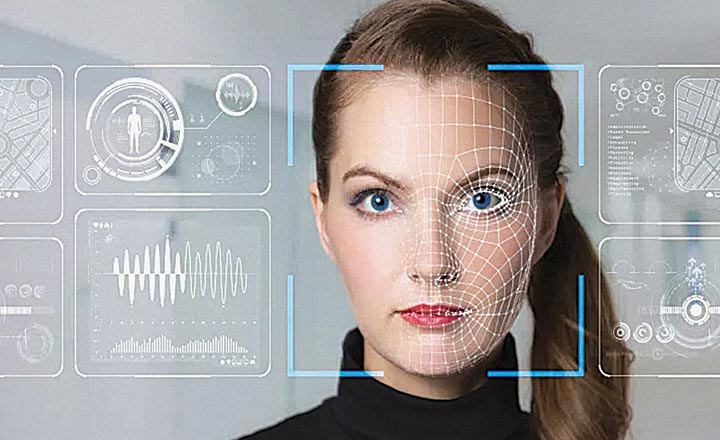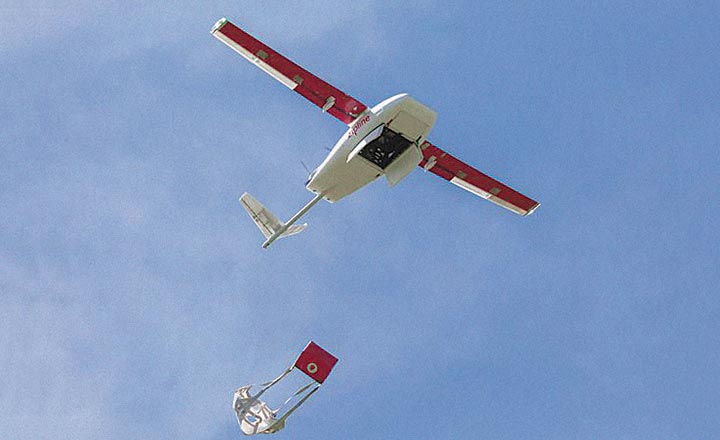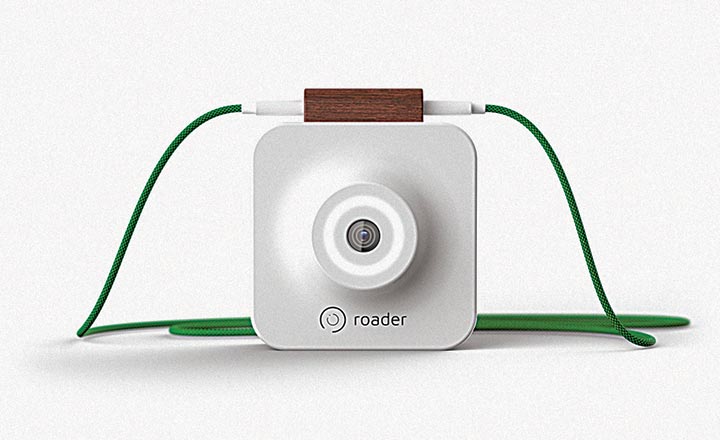Roader
Year: 2015
Country: Netherlands
Founders: Joost Godee and Sjoerd Pitstra
Category: Artificial intelligence, machine learning
Roader is a camera that allows one to capture important moments in our lives. It is a wearable and hands-free camera, which can capture 10 seconds of past footage along with 10 seconds of present footage, producing 20 seconds of video. The camera is dubbed as ‘time-machine camera’ and the main idea behind it was to never miss any important moment in our life. The camera can be linked to an Android or iOS phone through Bluetooth, following which, the recorded video is directly sent to the phone in low resolution. However, this video turns into high resolution once the video is saved.

SenseTime
Year: 2014
Country: China
Founders: Xiaolan Xu, Xiaoou Tang and Xu Li
Category: Artificial intelligence, image recognition
The start-up, which was valued at more than $2 billion in 2017, uses computer vision and deep learning technologies to specialise in facial recognition for security and verification purposes and to prevent identity frauds. SenseTime’s technology is being utilised to provide text, vehicle, and image recognition to over 300 mobile Internet companies, financial services, and security companies. Its training database has about 2 billion faces and about 10 billion videos and images as of 2017. Backed by Alibaba, SenseTime is also supported by the government and has created a multi-billion dollar market in artificial intelligence. Apart from security and surveillance services, it also provides software products.
Zebra Medical Vision
Year: 2014
Country: Israel
Founders: Elad Benjamin, Eyal Gura and Eyal Toledano
Category: Healthcare, artificial intelligence
It aims to simplify disease detection for any medical field — from dermatology to digital pathology — that involves image scans. It applies deep learning techniques to radiology and creates AI algorithms that can read medical images and detect diseases, thereby reducing the workload of radiologists. The technology scans the images to provide accurate diagnosis and finally detects anomalies. In 2016, the company showcased two new algorithms to predict and prevent cardiovascular anomalies, and in 2017, it partnered with Google to provide algorithms on Google Cloud and made the scans available for just $1 per scan. In the future, the start-up wants to develop software to detect breast and lung cancer.
Zero Mass Water
Year: 2014
Country: United States
Founder: Cody Friesen
Category: Environmental engineering
The start-up wants to make drinking water an unlimited source. It makes use of its hydropanels called ‘Source’ that use sunlight and air to make drinking water. The panels use a technology that absorbs moisture from the atmosphere, dehumidifies it, and drains the water out before purifying and adding minerals to it. Depending on the climatic condition of an area, these panels can generate upto five litres of potable water a day. The start-up, thus, claims to remove about 70,000 plastic bottles from circulation. The panels cost around $4,500 ($2,000 for two panels and $500 for installation). These panels have been installed in 12 countries including Chile, Lebanon, Mexico, Jordan, Peru, Ecuador, the United States and Philippines, and have contributed in improving the quality and availability of drinking water in these places.

Zipline
Year: 2016
Country: United States
Founders: Keller Rinaudo, Keenan Wyrobek, Peter Seid, William Hetzler and Phu Nguyen
Category: Drone, robotics
Zipline was launched in 2011 to manufacture delivery drones. It was in 2016 that it started using drones to deliver medicines in Rwanda. It delivers blood products to 21 transfusing systems to places inaccessible by other means of transportation using Zip, a small robot airplane designed for a high level of safety. Zipline’s long-term mission is to build instant delivery worldwide, allowing on-demand delivery of medicines and other products at low cost without using a drop of gasoline. It is expanding in Tanzania and the United States. It also developed the fastest delivery drone in April 2018 — an autonomous, fixed-wing device that has a top speed of 121 km/hr. The drone can fly 160 km in a round trip and can carry 1.75 kg of cargo.
This is part three of a three-part series. You can read Part 1 here and Part 2 here.











